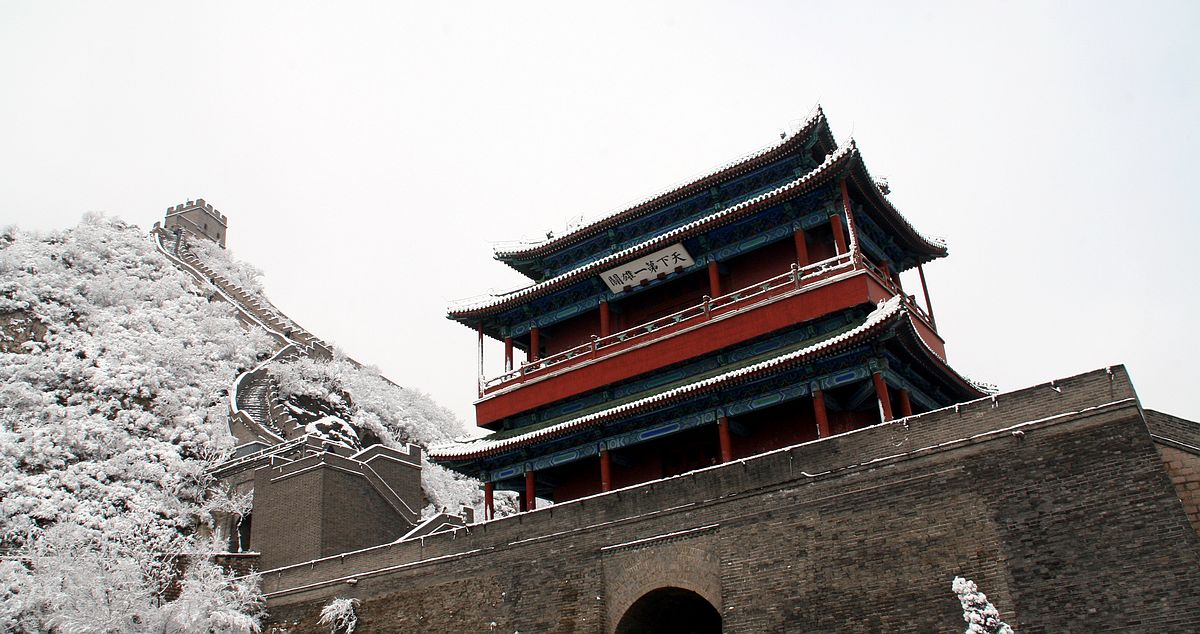Impregnable passes along the Great Wall

Jiayuguan Pass is located at the narrowest point of the western section of the Hexi Corridor, Gansu Province and is the first pass at the west end of the Great Wall.
The fortifications at passes along the Great Wall are the most centralized strongholds on the wall, used for defense in bygone eras. These passes witnessed many trials and tribulations. Some were banal, and some changed history. Breathtaking battles from history took place at these passes, with the gains and losses affecting the generations that followed.
Zhang Tinghao, former director of the Chinese Academy of Cultural Heritage, indicated that the Great Wall and its passes are more than mere fortifications, and they are part of a cultural landscape that has become integrated with nature.
Juyongguan Pass
Juyongguan, Zijinguan and Daomaguan passes are the northwestern gates to Beijing, called the three inner strategic passes. As early as the Warring States period, the State of Yan occupied Juyong Gorge. By the Han Dynasty, the city of Juyongguan Pass had been well established. During the Northern and Southern dynasties, the spectacular site of the Juyongguan Pass was connected with the Great Wall. In the following Tang, Liao, Jin and Yuan dynasties, Juyong Gorge was still home to the stout fort of Juyongguan Pass.
Xu Weimin, a professor of Northwest University in Xi’an, said that Juyongguan Pass gained its name in the Qin Dynasty, when the First Qin Emperor gave orders to build the Great Wall. In the Ming Dynasty, Juyongguan Pass became a significant military fortress as the Mongols in North China grew powerful. Since the late Qing Dynasty, these fortifications have gradually decayed.
Zijinguan Pass
Zijinguan Pass is situated inside a basin that is enclosed by hills and waters. The surroundings naturally form defense barriers. Dong Li, a research fellow from the Shaanxi History Museum, said that the earliest records of Zijinguan Pass came from Mr. Lü’s Spring and Autumn Annals. It’s said that Zijinguan Pass, literally meaning a pass of Chinese redbud flowers, got its name because the area was covered in Chinese redbuds in the mid-Song Dynasty and the fragrance in the summer spread hundreds of miles.
With the formation of a multi-ethnic unified national territory, the Great Wall and its passes have already lost the military defensive function at borders. These impregnable buildings have fallen into disuse, which is one of inevitabilities of history. Although some passes have disappeared or been damaged, they left countless legends through the ages and witnessed a nation’s transition and development. They represent irreplaceable cultural heritage of this nation.

 PRINT
PRINT CLOSE
CLOSE